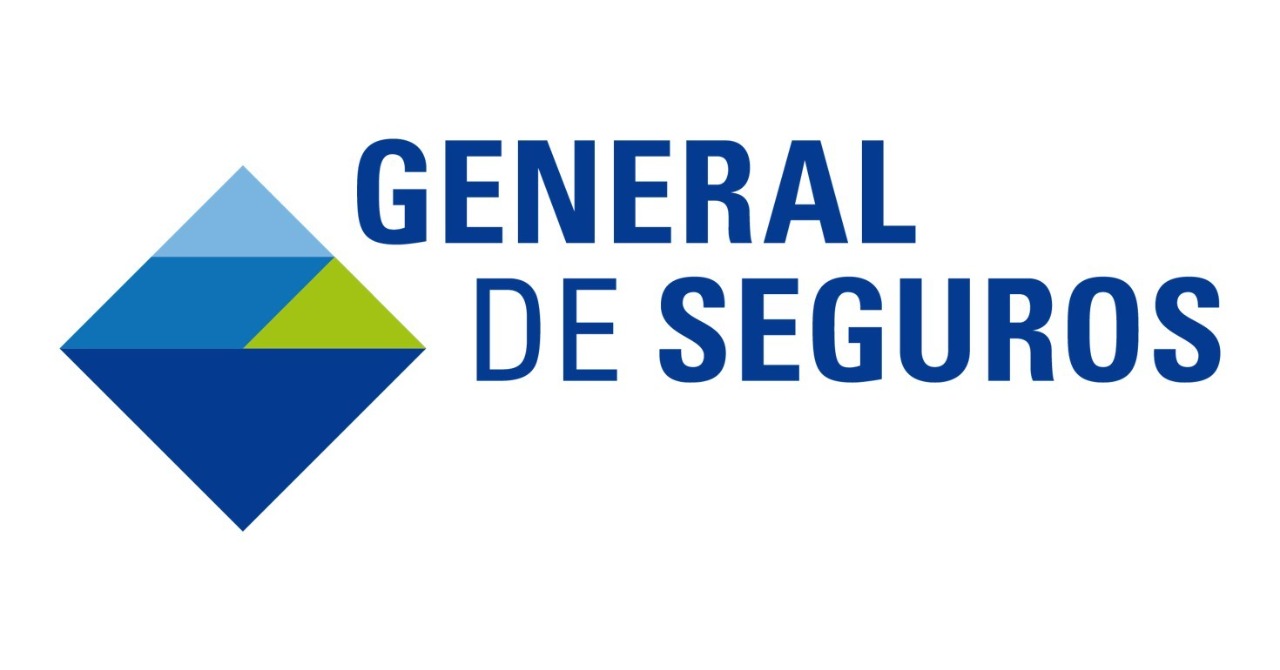
Cargando página...

Cargando página...
En ION Hospital contamos con un equipo de especialistas en Terapia Física y Rehabilitación que se especializan en una variedad de técnicas y ejercicios físicos que ayudan a recobrar la salud y la funcionalidad.

Vision screenings are not comprehensive eye exams. Screenings usually take only a few minutes and are often performed by volunteers who are not eye care professionals.
In many cases, vision screenings are nothing more than a visual acuity test where you’re asked to identify the smallest letters you can on a vision chart across the room.
Vision screenings typically are designed to only detect subnormal visual acuity and major vision problems — as quickly and cost-effectively as possible. They generally are ineffective for detecting more subtle vision problems and potentially sight-robbing eye diseases.
People who fail a vision screening (usually because their visual acuity is worse than 20/40) are made aware of this and are encouraged to visit an eye doctor so they can have their vision problem professionally diagnosed and treated with eyeglasses, contact lenses, medicine or surgery.
Good vision is essential for children to reach their full academic potential. It’s been widely stated that roughly 80 percent of what children learn in school is presented visually, and vision problems can have a profound effect on learning.
According to the American Optometric Association, an estimated 20 percent of preschool children have vision problems. Other research shows that 24 percent of adolescents with correctable refractive errors (nearsightedness, farsightedness and/or astigmatism) don’t have their vision fully corrected with up-to-date prescription eyeglasses or contact lenses.
Even if your child passes a school vision screening, it doesn’t guarantee he or she has perfect vision or has all the required visual skills needed for optimum performance in the classroom.
In fact, a number of studies have identified significant challenges and shortcomings of children’s vision screenings, including:
On the other end of the age spectrum, many older Americans often forgo routine eye exams and falsely believe that free vision screenings offer adequate monitoring and protection of their eyesight.
This is extremely dangerous, since the most common causes of blindness — glaucoma, diabetic retinopathy and macular degeneration — increase with age. Vision loss often can be prevented or reduced if these conditions are diagnosed and treated early. But the only way this can be done is to have routine comprehensive eye exams.
Don’t take chances with your eyesight as you get older. It may be sufficient to have a comprehensive eye exam every two years in your early adult life. But if you’re over age 60, have an annual eye exam to preserve your vision and make sure you are seeing the world as clearly as possible.












En ION Hospital brindamos una atención extraordinaria a nuestros pacientes con los más altos niveles de ética y profesionalismo. Contamos con un gran equipo de especialistas médicos, con el compromiso de ofrecer seguridad y confianza a cada uno de nuestros pacientes con gran calidez humana.
Somos un hospital general y de especialidades, re-certificado por el Consejo de Salubridad General con más de 20 años de experiencia y convenios con la mayoría de las aseguradoras, instituciones y empresas.

